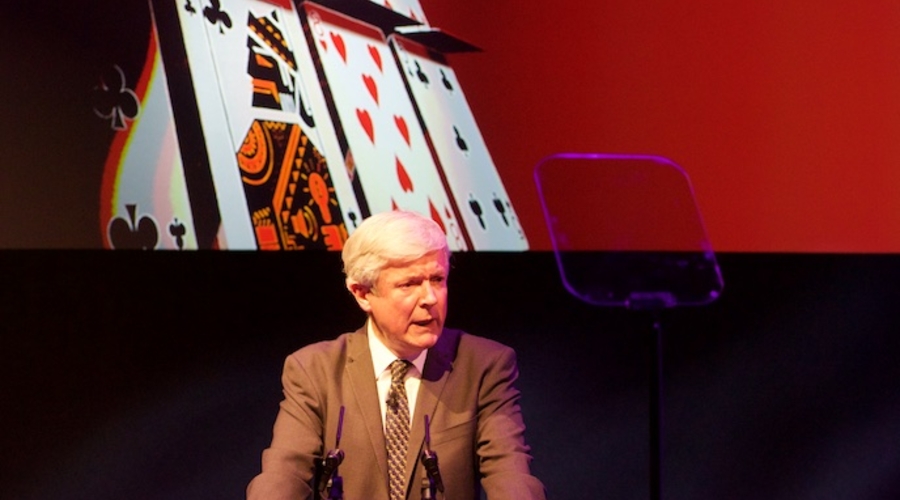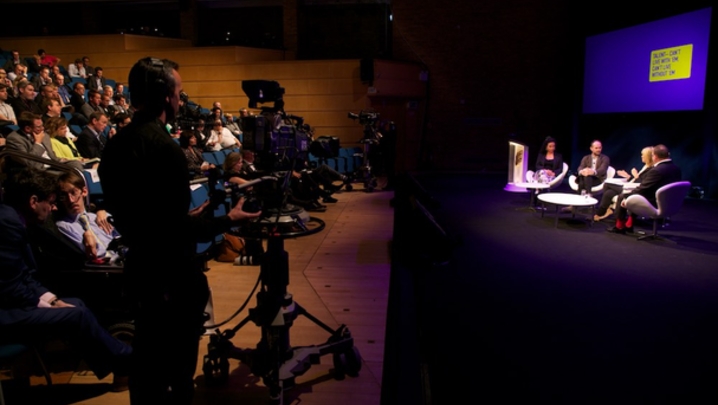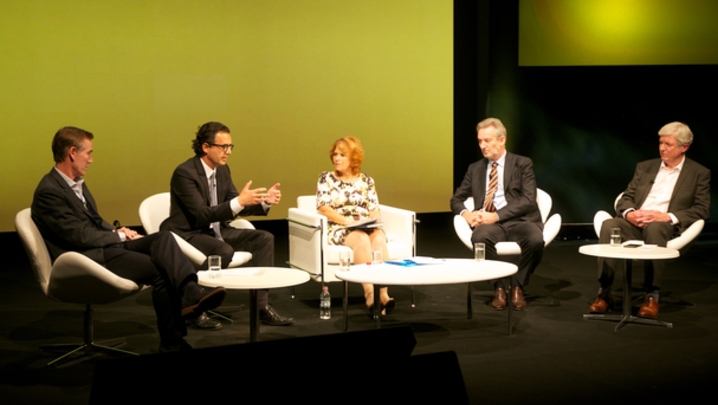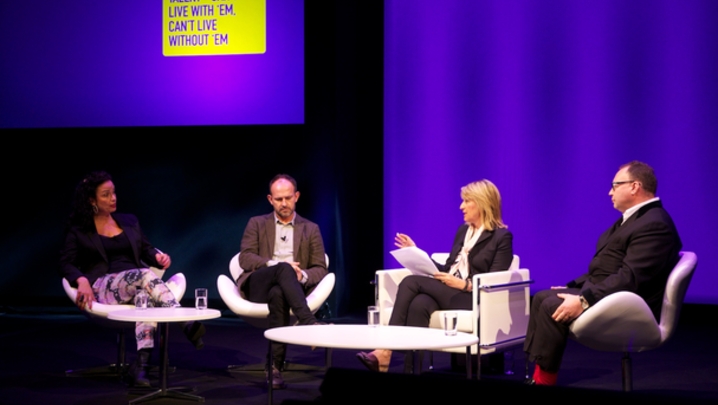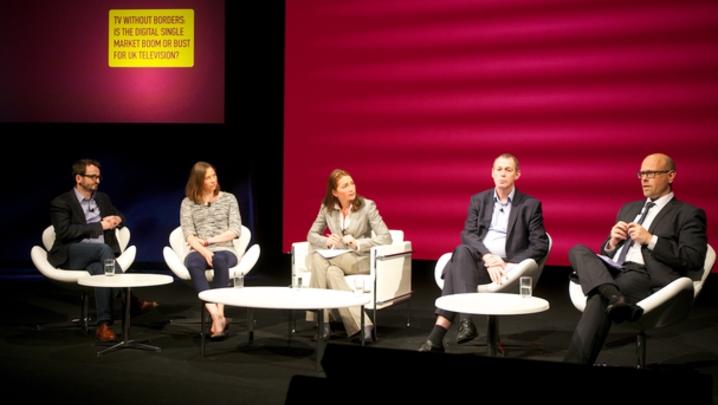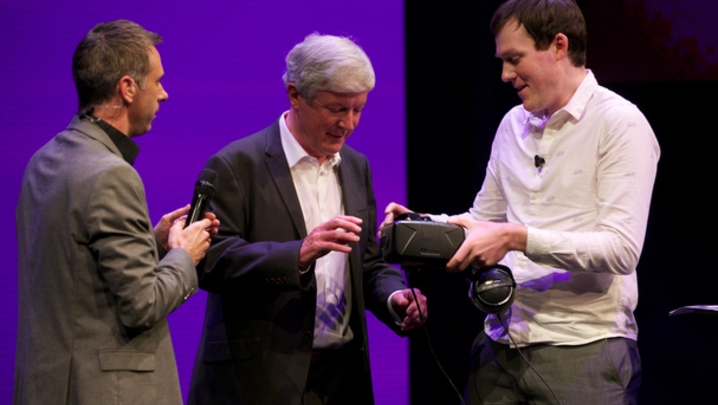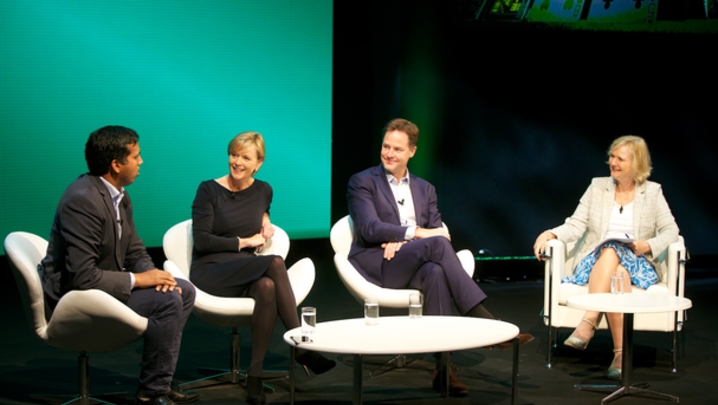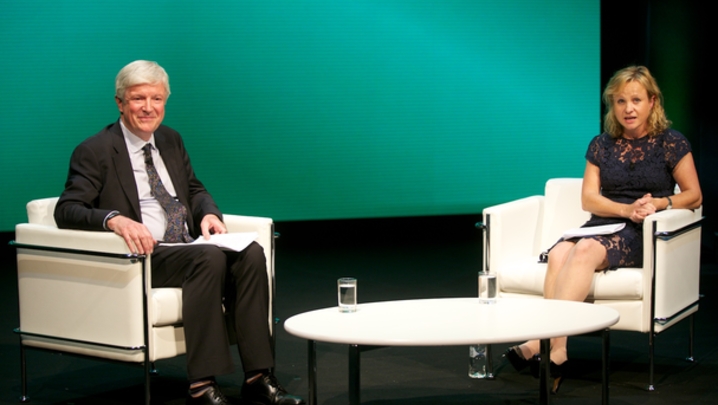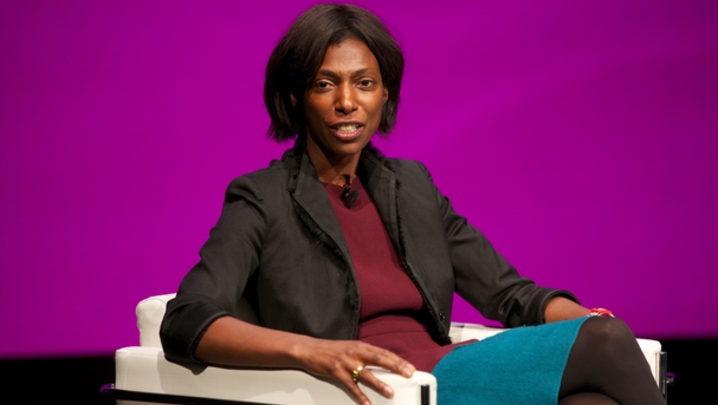British power, once colonial, is now cultural, said Tony Hall at his keynote address to the RTS Cambridge Convention.
The BBC Director-General was keen to highlight the impact of the BBC’s extensive services on the wider UK economy, from a 40% increase in sales of Hilary Mantel’s novel Wolf Hall following the transmission of the BBC series, to improving WiFi services in the area around RSPB Minsmere in Suffolk during filming for Springwatch.
In a wide-ranging speech in Cambridge yesterday, Hall also added that BBC Worldwide was ‘indivisible’ from the corporation as a whole, saying that to sell it off would result in a rise of £10 a year in the licence fee, and would ultimately limit how much the BBC could reinvest in new programming.
Hall’s speech followed Sharon White’s first public appearance since taking up the role of Ofcom chief executive six months ago. White impressed the audience with her original take on issues ranging from BBC regulation to diversity.
Having previously worked in the Civil Service and the World Bank, she observed that the media industry was even less diverse, adding that to better reflect society, the media needed to do more work in schools, particularly with girls from primary school level.
Earlier, Discovery boss David Zaslav outlined his firm's commitment to further developing their investment in Europe. In a session chaired by Sir Howard Stringer, the charismatic American explained his thinking behind Olympics rights and his dislike of the idea of 'crazy' bidding wars for other sports liek the Premier League. When asked by journalist Kate Bulkley if he had his eyes on ITV, Zaslav answered that if any UK channel became available he'd 'probably look at it'.
The panel in 'Studios Uncovered', chaired by Patrick Younge, put the spotlight on different studio models of production and debate the pros and cons of each.
Jane Tranter, chair of ‘The Single Voice and the Showrunner’ kicked off her session by picking up on comments the Culture Secretary John Whittingdale made in Wednesday’s key note speech. She was keen to emphasise the importance of BBC News’ move from 9pm to 10pm for drama, remarking that this had allowed quality drama to find a proper slot in the TV schedule.
In a debate that discussed the relative merits and failures of America’s showrunner approach to programme making, versus the British single writer, Tahsin Guner said that there needed to be more dialogue between the director and writer before shooting began, saying that late script changes often left writers feeling like everything they wrote was a ‘first draft.’
Creator of Emmy-nominated The Honourable Woman Hugo Blick said that having a compartmentalised personality was key to being a successful showrunner, while cautioning that it was not his role to micromanage.
AMC Networks President and Chief Executive Josh Sapan told BBC Worldwide Chief Executive Tim Davie that the BBC’s approach of commissioning high quality content had been an inspiration when developing AMC hits such as Mad Men and Breaking Bad.
Davie observed that Sapan must be “either the luckiest TV executive in the world, or the best,” while Sapan added that once a show like Mad Men is parodied on Saturday Night Live, it’s clear you have a success on your hands.
IP and distribution was the driving factors in the first session of the day: Working for the Yankee Dollar? Consolidation and Creativity.
Channel 4’s David Abraham and Endemol Shine Group’s Tim Hincks agreed to disagree about the benefits of a company such as 'Shendemol' at a local level.
Hincks argued that his company invested locally in regions including the UK, Italy and the Netherlands, but Abraham was quick to point out that the IP for shows produced in those countries is held in New York.
The RTS Cambridge Convention concludes today with discussions about coverage of the 2015 General Election, the Digital Single Market and the rise of smartphones.

